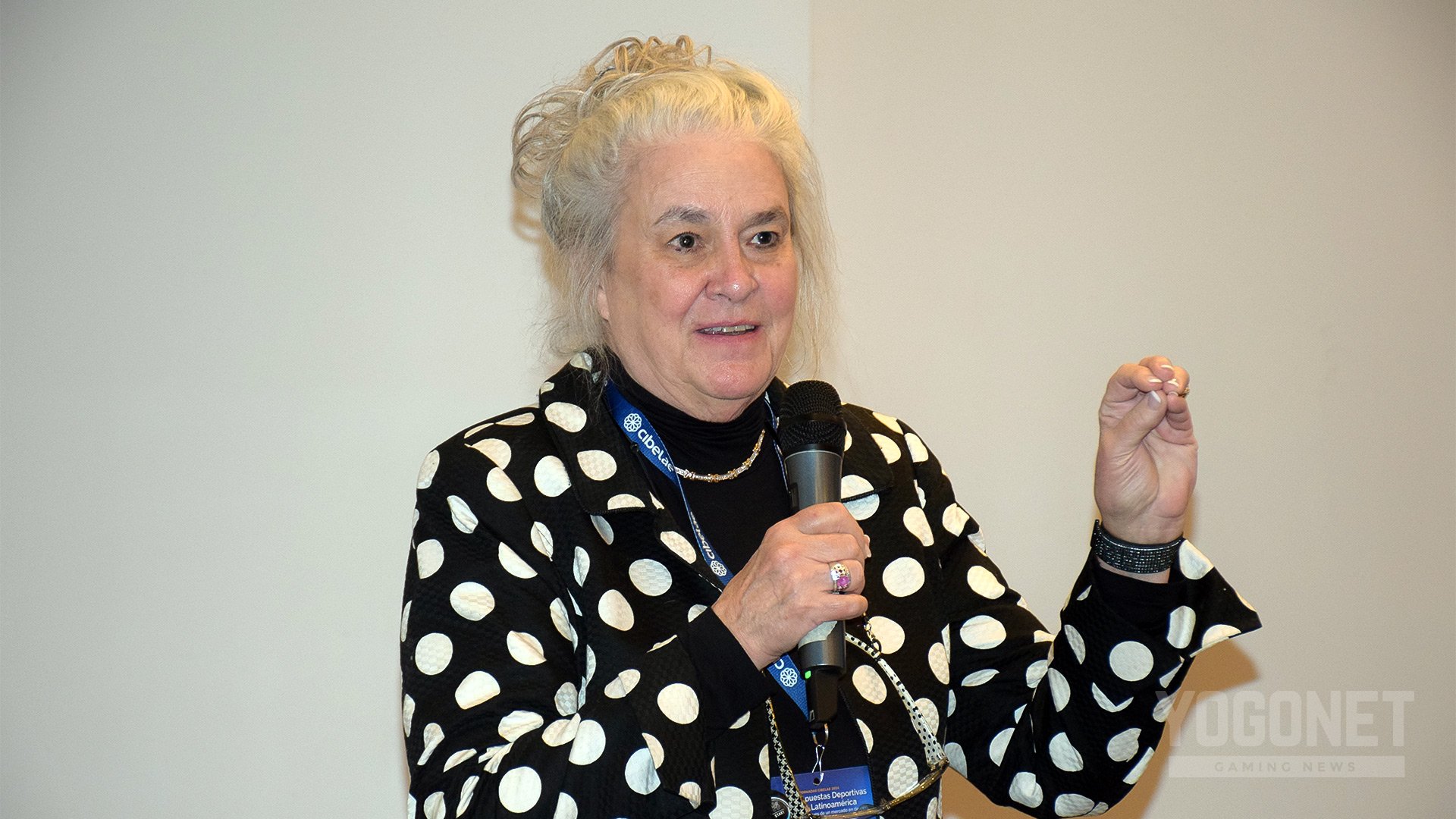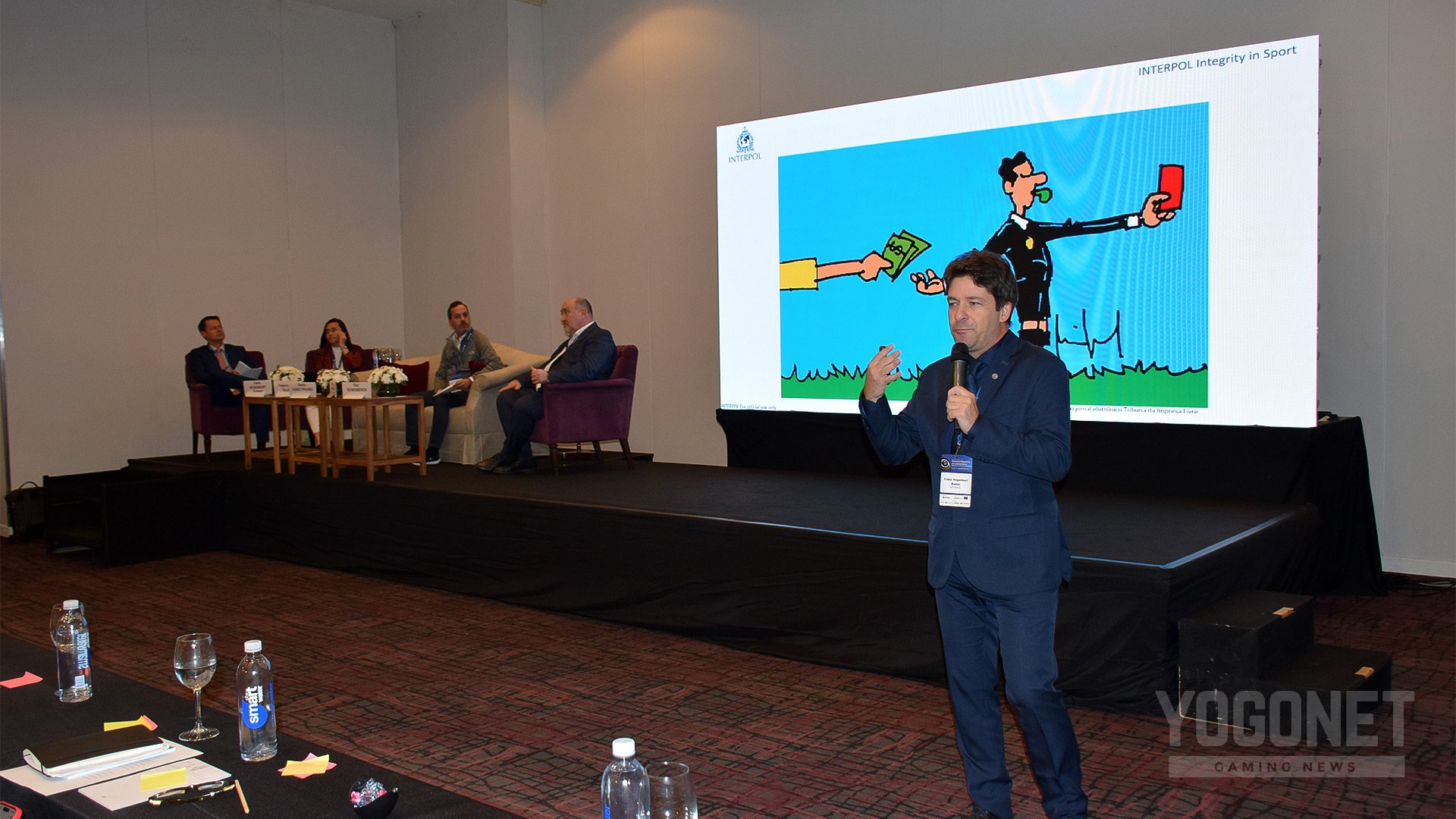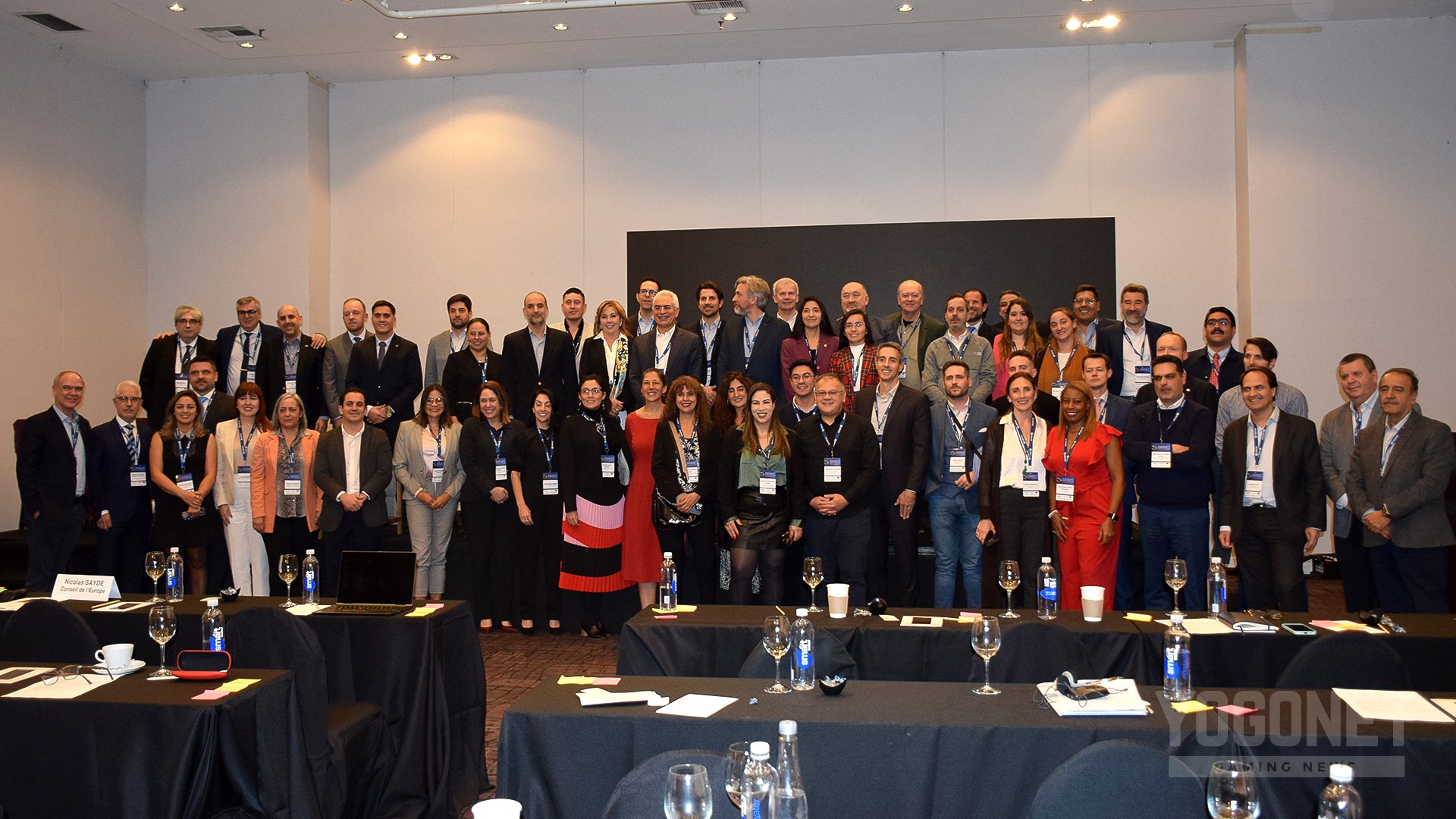The first day of the Cibelae 2024 Conngress took place this Thursday, with the presence of authorities and experts who contributed to their vision of “Sports Betting in Latin America: approaches to a developing market”.
The event, organized by the Iberoamerican Corporation of State Lotteries and Gambling (Cibelae) with the active collaboration of the Council of Europe(COE) and United Lotteries for Integrity in Sports(ULIS), will continue its second day today at the Sofitel Recoleta Hotel in the city of Buenos Aires.
During the morning of the first day, the CIBELAE Board of Directors meeting took place. It began with the opening speech of Rebecca Paul, President of the WLA, and Javier Milián, President of CIBELAE.

The head of the World Lottery Association referred to the need to get involved in the defense of sports integrity and highlighted the role of the Council of Europe (COE) and the WLA. “Any violation of integrity harms us all and jeopardizes our ability to raise dollars for social, educational, or environmental causes,” she said.
Milián, who is also President of the Loteria Nacional de Beneficencia (LNB) of El Salvador, stressed the importance of carrying out “coordinated work” with the WLA, and of being able to implement the knowledge and experience of this world entity in Ibero-America.

First Panel
Next, began the panel “Overview of the manipulation of sports competitions, organized crime, and the betting landscape”. The first speaker was Luca Esposito, WLA Executive Director, and ULIS Secretary General, with his presentation “Manipulation of sports competitions: exploring the illegal betting scenario and market”.
In his talk, Esposito addressed the strategic activities being carried out to tackle match-fixing, such as the creation of a global working group and having a monitoring system in place to keep an eye on the different competitions, as well as the countries and sports with the most alerts. He also mentioned ULIS’ collaboration with different sports organizations to support their work.

Next, Younes El Mechrafi, CEO of La Marocaine des Jeux et des Sports, discussed “The role of lotteries in combating the manipulation of sports competitions and illegal betting“. He referred to the Macolin Convention, signed in 2021 by Morocco, as a key instrument for his entity in addressing the challenges posed by match-fixing.
Thirdly, Christian Kalb, an independent expert, gave his presentation titled “Safeguarding Sporting Integrity: Exploring the risks and implications for society and public order”, in which he addressed the historical background of match-fixing and how the typology of match-fixing has changed. He also reported that 50% of match-fixing alerts come from only 10 countries and that Latin America is positioned as the “prime target” for the sports betting sector. He also listed some recommendations to limit risks, such as controlling legal operators, prohibiting illegal ones, and promoting national and transnational cooperation.

For her part, Graciela Garay, Director of Ethics and Compliance at CONMEBOL, presented “A strategy of the Soccer Confederation to combat the manipulation of sports competitions” and underscored the “determination and transformation” of her institution to achieve transparency in South American soccer. In this line, he commented that investments have been made in research and reporting, through companies such as Sportradar and entities such as ULIS and IBIA, to strengthen integrity. She also mentioned the need to reinforce inter-institutional agreements and to have legal bookmakers as allies to eradicate corruption.
Finally, Philippe Auclair, an investigative journalist, analyzed “The regulation of sports betting: How illegal and unlicensed betting operators systematically exploit the regulatory vacuum in the South“. He stated that 61% of online gambling is illegal and that the underground market totals USD 1.7 trillion per year. He also said that the Macolin Convention can help differentiate so-called “grey market operators”, who have licenses such as Curaçao’s to operate in South American or African countries.

Second panel
The second panel, titled “Main challenges in tackling the manipulation of sports competitions”, featured Fabio Hegenbart Bueno, INTERPOL’s specialized regional officer, with his presentation “The importance of international police cooperation in tackling match-fixing and illegal betting”.
The expert analyzed the history of match-fixing and argued that, as there is a greater circulation of money, there is also a greater entry of criminal groups with the financial power to fix matches through bets or bribes. To combat money laundering and capture criminals, he proposed strengthening international police cooperation, which allows for the exchange of information and access to global databases and expert assistance.

Saskia Núñez Proano, UNODC anti-corruption and transparency specialist, followed with her presentation “UNODC perspectives on combating the manipulation of competitions”. The United Nations Office on Drugs and Crime representative mentioned the program to safeguard sport from corruption. She also stressed the importance of international cooperation, mainly with sports organizations, in raising awareness on the issue and strengthening the channels of complaints.
Next, Fernando Martins Cesconetto, prosecutor of the Public Prosecutor’s Office of the State of Goiás, presented “Lessons learned about a case of manipulation in Brazilian soccer”. The specialist spoke about his experience leading Operation Maximum II to dismantle a match-fixing scheme involving numerous players and more than one championship in Brazil.

Meanwhile, Guy Reinenbergh, national sports fraud coordinator for the Belgian Federal Police, focused on another sport with “MAESTRO: Unraveling the dismantling of the biggest criminal network in tennis”. In his talk, he discussed the case that broke up the largest match-fixing ring in professional tennis, with police officer Nicolas Borremans in charge of an exhaustive investigation.
To conclude the day, Federico Dario Teijeiro, an investigative and data journalist, gave an overview on “Manipulation of sports competitions and illegal betting in Argentina: a South American perspective”. In his analysis, he provided an overview of the current scenario in Argentina regarding the role of sports betting in match-fixing cases.
